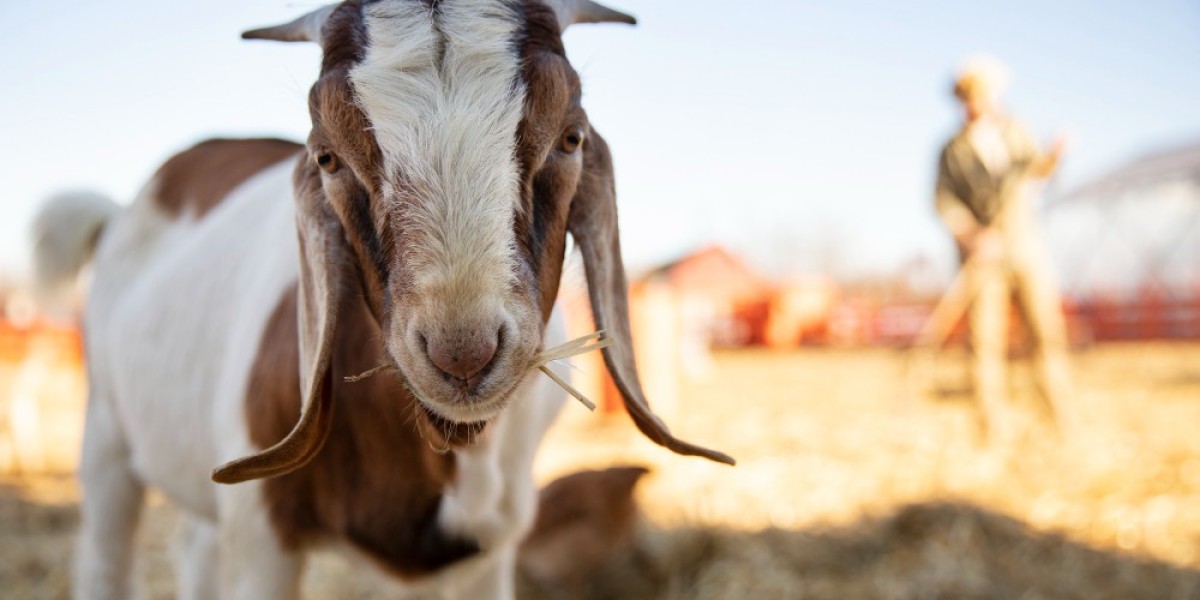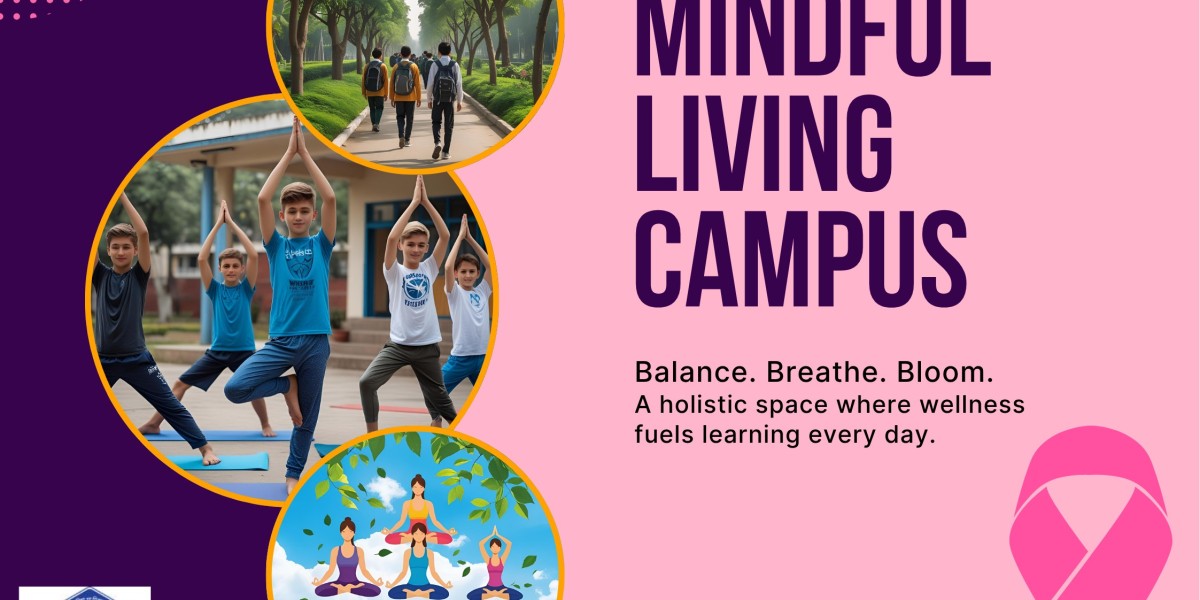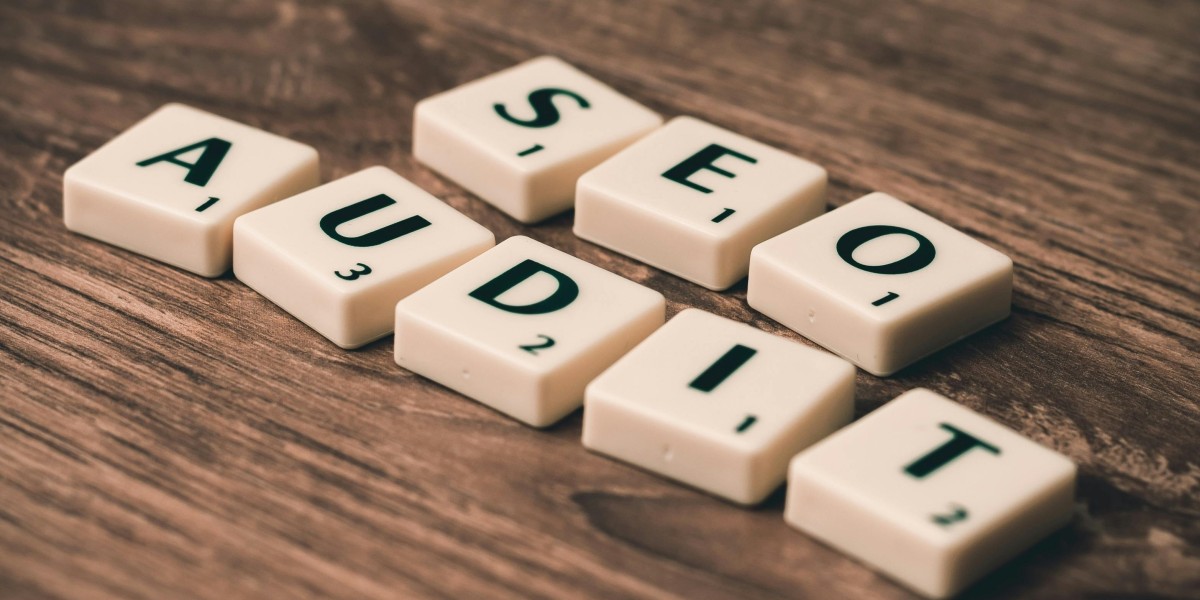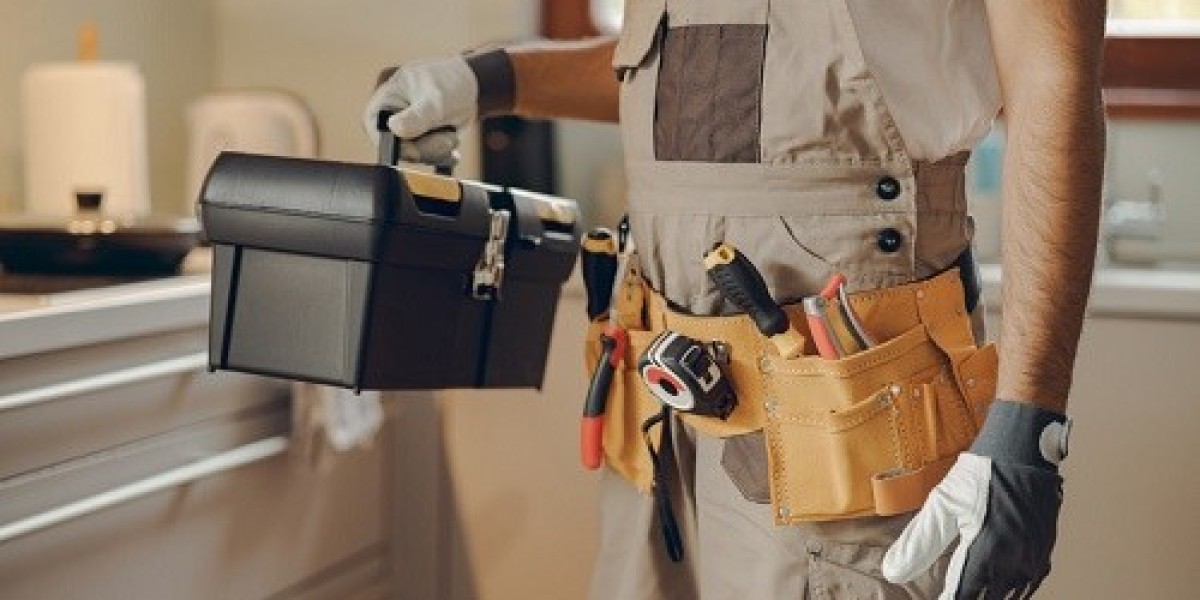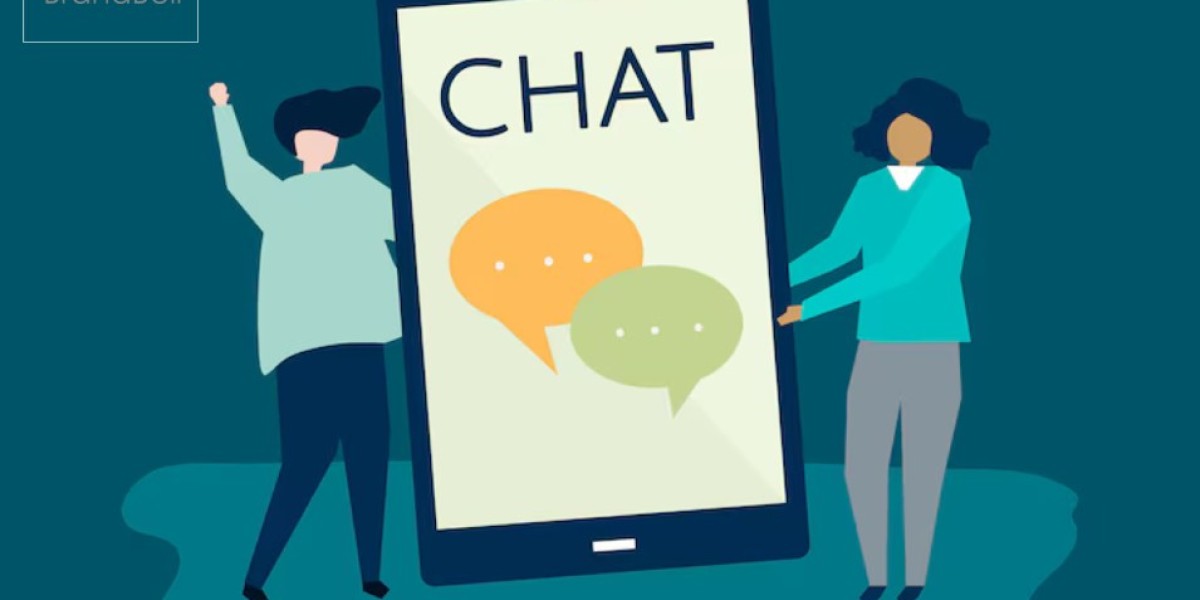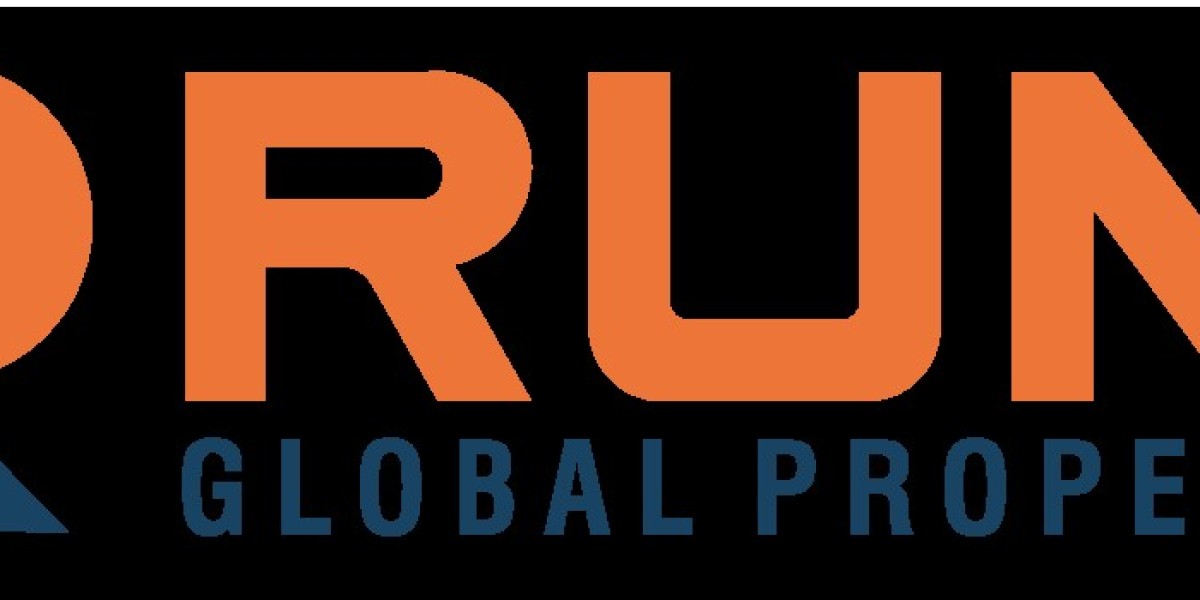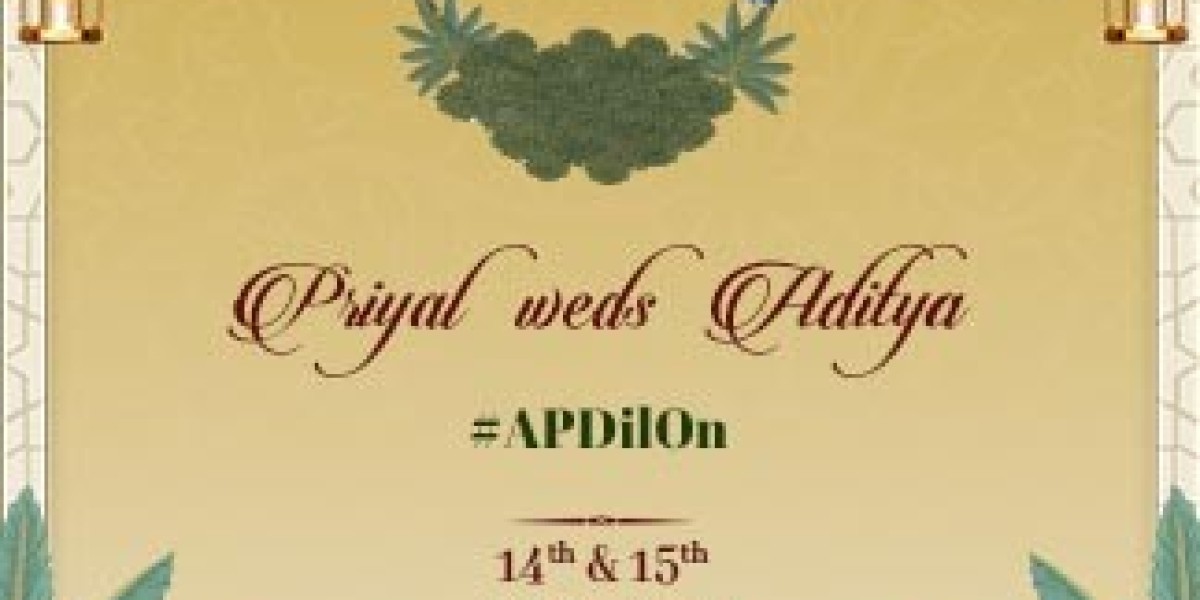Eid al-Adha stands as Islam's most sacred celebration, drawing millions of Muslims worldwide into a profound expression of faith, family, and generosity. This year's Festival of Sacrifice promises to be particularly meaningful as communities continue strengthening bonds after challenging times.
The holiday honors Prophet Ibrahim's unwavering devotion when he prepared to sacrifice his son in obedience to Allah's command. At the last moment, God provided a ram instead, teaching humanity about faith, submission, and divine mercy. Today, this powerful story resonates through every qurbani ritual and family gathering during Eid al-Adha.
When Does Eid al-Adha 2025 Begin?
Mark your calendars: Eid al-Adha 2025 starts Sunday evening, June 8th, and concludes Thursday evening, June 12th. The exact timing depends on moon sightings in your local area, following Islam's lunar calendar tradition.
This four-day celebration begins on the 10th of Dhu al-Hijjah, Islam's final month, perfectly coinciding with Hajj pilgrimage completion in Mecca. For the estimated 2-3 million pilgrims performing Hajj this year, the timing creates an especially spiritual experience.
Understanding Qurbani: The Heart of Eid al-Adha
What Makes Qurbani So Important?
Qurbani represents far more than ritual animal sacrifice. When families select sheep, goats, cattle, or camels for slaughter, they're participating in an ancient act of worship that connects them directly to Prophet Ibrahim's story.
The practice follows strict Islamic guidelines:
Animals must be healthy and of appropriate age
Slaughter must be performed humanely using sharp knades
Meat gets divided equally: one-third for family, one-third for friends and relatives, one-third for those in need
This distribution system ensures no one goes hungry during Eid, embodying Islam's emphasis on social responsibility and community care.
Modern Qurbani Solutions
Technology has revolutionized how Muslims approach qurbani. Online qurbani services now allow people to:
Choose animals from verified farms worldwide
Support communities in developing countries where meat is scarce
Receive certificates and photos documenting their sacrifice
Ensure proper Islamic procedures are followed
Major Islamic charities report 40% increases in online qurbani donations over the past three years, making this sacred practice more accessible than ever.
How Different Countries Celebrate Eid al-Adha 2025
Middle East: Where Tradition Meets Modernity
Saudi Arabia leads global celebrations as host to millions of Hajj pilgrims. In Mecca, the atmosphere becomes electric as pilgrims complete their spiritual journey with qurbani rituals. Meanwhile, cities like Dubai and Doha blend traditional prayers with modern festivities, including cultural exhibitions and charity drives.
Local mosques organize communal prayers at dawn, followed by family gatherings featuring traditional dishes like mansaf, kabsa, and ma'amoul cookies.
South Asia: Vibrant Street Celebrations
Pakistan, India, and Bangladesh transform into festival wonderlands weeks before Eid. Livestock markets become bustling centers of activity as families carefully select animals for qurbani.
The morning of Eid brings neighborhoods together as communities share slaughter responsibilities and cooking duties. Streets fill with the aromas of biryani, seekh kebabs, and fresh naan bread. Children receive new clothes and gifts, while adults focus on distributing meat to less fortunate neighbors.
Africa: Community-Centered Celebrations
Nigerian, Sudanese, and Somali communities emphasize collective celebration and mutual support. Large open-air prayers accommodate thousands of worshippers, followed by communal meals that strengthen social bonds.
International aid organizations coordinate meat distribution programs, ensuring rural and urban poor communities receive fresh protein during Eid festivities.
Western Countries: Adapting Traditions
Muslim communities in the United States, Canada, and Europe face unique challenges celebrating Eid al-Adha. Since home slaughter is prohibited in most Western jurisdictions, families rely on:
USDA-certified halal slaughterhouses
Islamic community centers organizing group qurbani
International charity programs performing sacrifice abroad
Despite regulatory constraints, these communities create meaningful celebrations through mosque gatherings, cultural festivals, and interfaith dialogue events.
Digital Innovation in Eid al-Adha 2025
This year's celebrations showcase how technology enhances religious observance:
Mobile Apps help Muslims:
Find nearby halal restaurants for Eid meals
Schedule qurbani appointments at certified facilities
Connect with family through video calls during prayers
Locate local Islamic centers and prayer times
Social Media Campaigns raise awareness about:
Charitable giving opportunities
Educational content about Eid significance
Community event announcements
Virtual sermon streaming for homebound individuals
Online Fundraising platforms expect record participation, with major Islamic organizations launching coordinated campaigns addressing global hunger, disaster relief, and education initiatives.
Health and Safety Guidelines for Eid al-Adha 2025
Religious authorities and health officials continue emphasizing safe celebration practices:
Food Safety Protocols
Proper refrigeration for meat storage
Sanitary preparation surfaces and utensils
Temperature monitoring during cooking
Safe distribution methods for charitable meat sharing
Community Gathering Guidelines
Adequate ventilation in prayer spaces
Hand sanitization stations at mosque entrances
Flexible prayer scheduling to accommodate varying comfort levels
Outdoor alternatives when indoor capacity reaches limits
Planning Your Eid al-Adha 2025 Celebration
Essential Preparation Steps
Two Weeks Before:
Reserve qurbani animal or arrange online service
Plan family gathering menus and shopping lists
Prepare new clothes for children and family members
Identify local charity organizations for meat distribution
One Week Before:
Confirm prayer time schedules at local mosques
Prepare homes for guests and family visits
Stock up on cooking ingredients and supplies
Coordinate with neighbors for community celebrations
Day of Eid:
Attend early morning prayers
Perform or witness qurbani rituals
Share meals with family, friends, and neighbors
Distribute meat to those in need
Exchange gifts and express gratitude
The Lasting Impact of Eid al-Adha
Beyond its religious significance, Eid al-Adha strengthens social fabric through acts of generosity and community support. The festival's emphasis on sharing creates lasting bonds between neighbors, supports local economies, and addresses food insecurity in vulnerable communities.
As Muslims worldwide prepare for Eid al-Adha 2025, the celebration promises to unite families separated by distance, strengthen faith through shared rituals, and demonstrate Islam's core values of compassion, sacrifice, and social responsibility.
Whether you're celebrating in bustling cities or quiet rural communities, participating in traditional qurbani or supporting online charity programs, Eid al-Adha offers opportunities for spiritual growth, family connection, and meaningful contribution to your community's wellbeing.
The Festival of Sacrifice continues evolving while maintaining its essential message: true devotion expresses itself through service to others and submission to divine will. This Eid al-Adha, that timeless wisdom guides millions toward celebration, reflection, and renewed commitment to faith and community.
